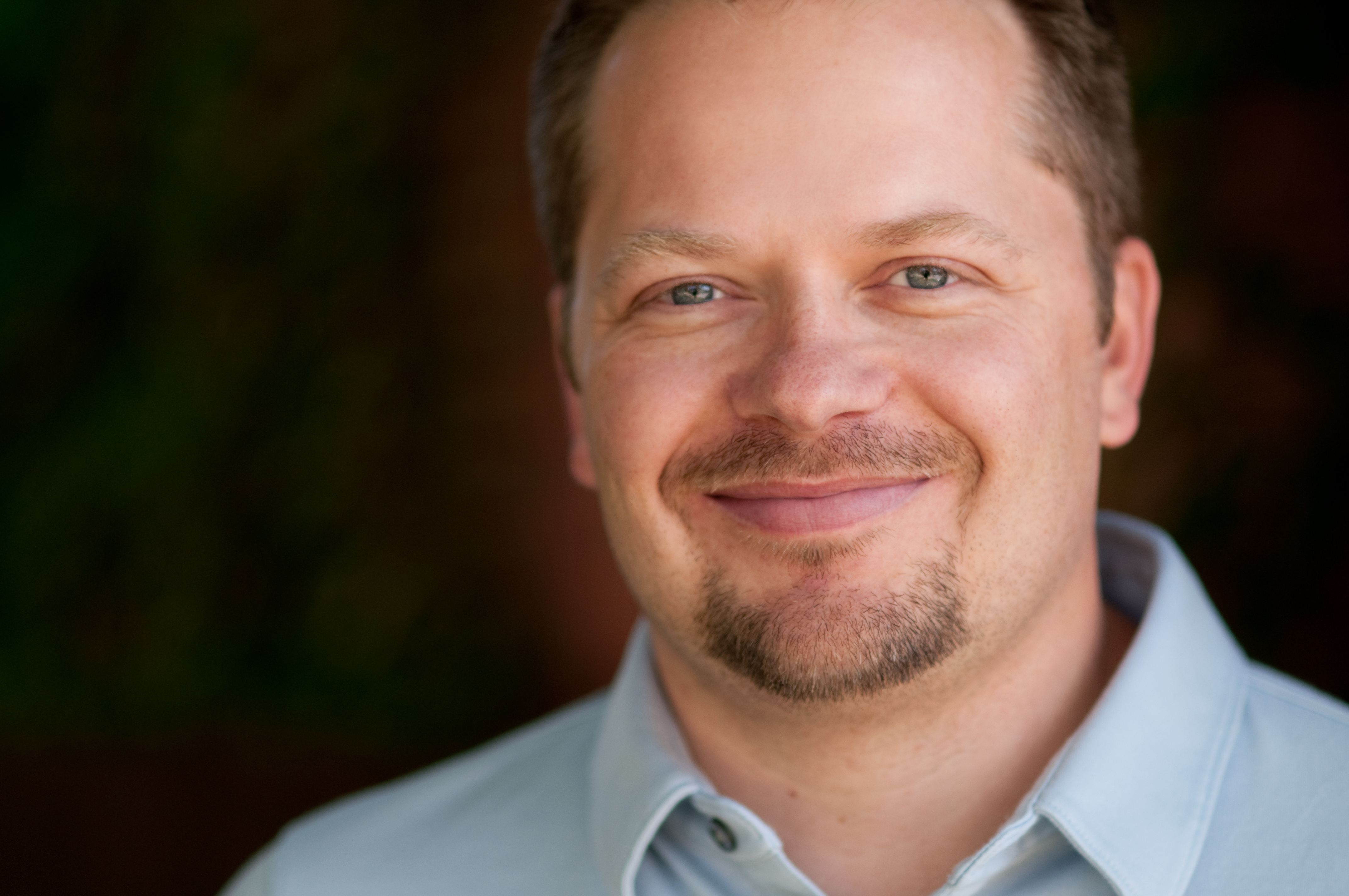In my last blog, I introduced the work of Mark Yarhouse on the topic of Gender Dysphoria. In Understanding Gender Dysphoria, Yarhouse introduces us to 3 frameworks with which people use when approaching the transgender topic. The integrity framework “views sex and gender and, therefore, gender identity conflicts in terms of ‘the sacred integrity of maleness and femaleness stamped on one’s body.’”1 The disability framework views gender dysphoria “with reference to the mental health dimensions of the phenomenon …. For Christians who are drawn more to this framework, gender dysphoria is viewed as a result of living in a fallen world in which the condition–like so many mental health concerns–is a nonmoral reality.”2 The diversity framework views transgender issues as “something to be celebrated, honored or revered.”3 Being transgender is just another variation of God’s wonderful creations.
Later in his book, Yarhouse describes a fourth framework that we should perhaps be working towards, called the “integrated framework.”
“My concern is that any one of these three frameworks – to the exclusion of the best the others have to offer – will likely be an inadequate response for the Christian community. My own leaning is to identify the strengths in each framework, to essentially see these as lenses through which we see the topic under discussion. Rather than select one lens to look at gender dysphoria, we can look through all three, identify the strengths of each framework and apply it to how we approach the topic and the person who is navigating this terrain. What we have then is what I refer to as an integrated framework that draws on the best of each existing framework.”4
So how do we approach these conversations with such an “integrated framework?” First and foremost, we do so prayerfully. Without God, we are sure to fail miserably in our goal to build bridges and increase understanding. As with most of the complicated issues that involve humans, there are no easy, one-size-fits-all answers. Every conversation will be different and every transgender person has a unique story and perspective. Don’t assume you know where the other person is coming from. Take the time to ask questions and hear another’s story.
Personally speaking, I find myself already using the integrity and the disability lenses. I believe that God has a purpose for gender, which I may not fully understand, but matters deeply. And yet I realize that we live in a fallen world and none of us is able to live and experience the world as if the fall had not occurred. There are some tools (counseling, medication, etc.) that might enable transgender people to live their lives more peacefully. I have yet to see evidence that gender reassignment surgery is as successful as people want it to be. Yet if a person opts to pursue gender reassignment, his does not remove them from God’s grace or His love.
The lens I need to examine more is the diversity lens. While I might not be able to go so far as to believe that transgender is just another gender manifestation like male and female, I can work to see the “person,” rather than the “problem.” I want to be able to validate a transgender person’s experience and not assume I know the answers for them. I want to show them the love of Christ, which does not depend on how they choose to express their gender or sexuality.
Here are some final thoughts to consider before I wrap this up. Amongst the LGBTQ+ community, the rate of suicide is the highest for those dealing with transgender issues. These people are often the targets for bullying and violence. Many believe that if transgender people would simply stop cross-dressing and live out their biological genders, violence would subside. Perhaps this would reduce violence against them. But consider this: all of the behaviors associated with transgender are about reducing anxiety. Despite very real threats of violence and harm faced, there is less anxiety when cross-dressed or pursuing gender reassignment. I don’t know if a person who is not gender dysphoric can fully understand the level of discomfort a transgender person lives with just being in their own skin.
1 Yarhouse, Mark A., Understanding Gender Dysphoria: Navigating Transgender Issues in a Changing Culture, IVP Academic, Downers Grove, Illinois, 2015, pg. 46.
2 Yarhouse, pg. 48.
3 Yarhouse, pg. 50.
4 Yarhouse, pg. 53.

Roger Jones
Executive Director
In the spring of 1995, the conflict Roger felt between his faith and his sexuality, as well as an addiction to pornography, led him to WGA. His personal journey has provided him unique insights into sexuality and the pain of adversity, which he shares through his testimony, facilitation of small groups, writing and public speaking.
Roger began working with WGA in October of 1996 as the Assistant office Manager. Since that time, he has worn many hats and served in several different positions, including Assistant Program Director and Operations Director. In April of 2007, Roger assumed the position of Executive Director.
Roger attended West Texas A&M University, where he studied Music Business. Much of his training has been “on the job,” where he was mentored by the ministry’s Founder, Mary Heathman, and the Program Director, Scott Kingry. He holds a BA from West Texas A&M University.
Roger, his wife Jill, and their daughter Julia and son William, attend Celebration Community Church where Jill serves as Associate Pastor.
Make a Difference in Someone's Life
If you enjoy reading WGA’s blogs and would like to show your support, please consider making a donation. Where Grace Abounds is a 501(c)3 non-profit organization. The majority of services, including support groups and discipleship counseling, are provided free of charge. Your financial gifts help to cover the costs associated with offering a free program to those who seek WGA’s services.


I don’t see what this has to do with prepping. I know several individuals who have or are in the process of gender reassignment and they have never felt that they were actually the gender they were born with. I believe it is a personal choice that one can make WHEN THEY HAVE REACHED LEGAL AGE. That being said, I don’t believe that young children should be asked whether they feel that they are the correct gender because they are still growing and learning and becoming. I also don’t agree with the actions of the principal, his sexuality is nothing to discuss with the children in his school. If a female teacher had breast augmentation she surely wouldn’t broadcast it to the whole school! The states that are imposing laws(fines and jail time) for using the incorrect gender pronouns obviously need to focus on real crimes. Yes we should address people the way they want to be addressed, but as a woman with very short hair, I’ve been called sir or he on occasion and don’t need to fine someone for it. How many doctors have been called Mr. instead of Dr? That being said, I don’t believe that this has much bearing on prepping issues. I usually enjoy the content on your site, but it kind of seems like you got on a political soap box about this. Just saying
You’ve lost me with your comment. This article (and my previous one) is about trying to understand the differing perspectives people are coming from with the hopes of having some fruitful dialog. I don’t know who the principal you mentioned is? And I don’t think I was being political at all. Can you help me understand where you are coming from?